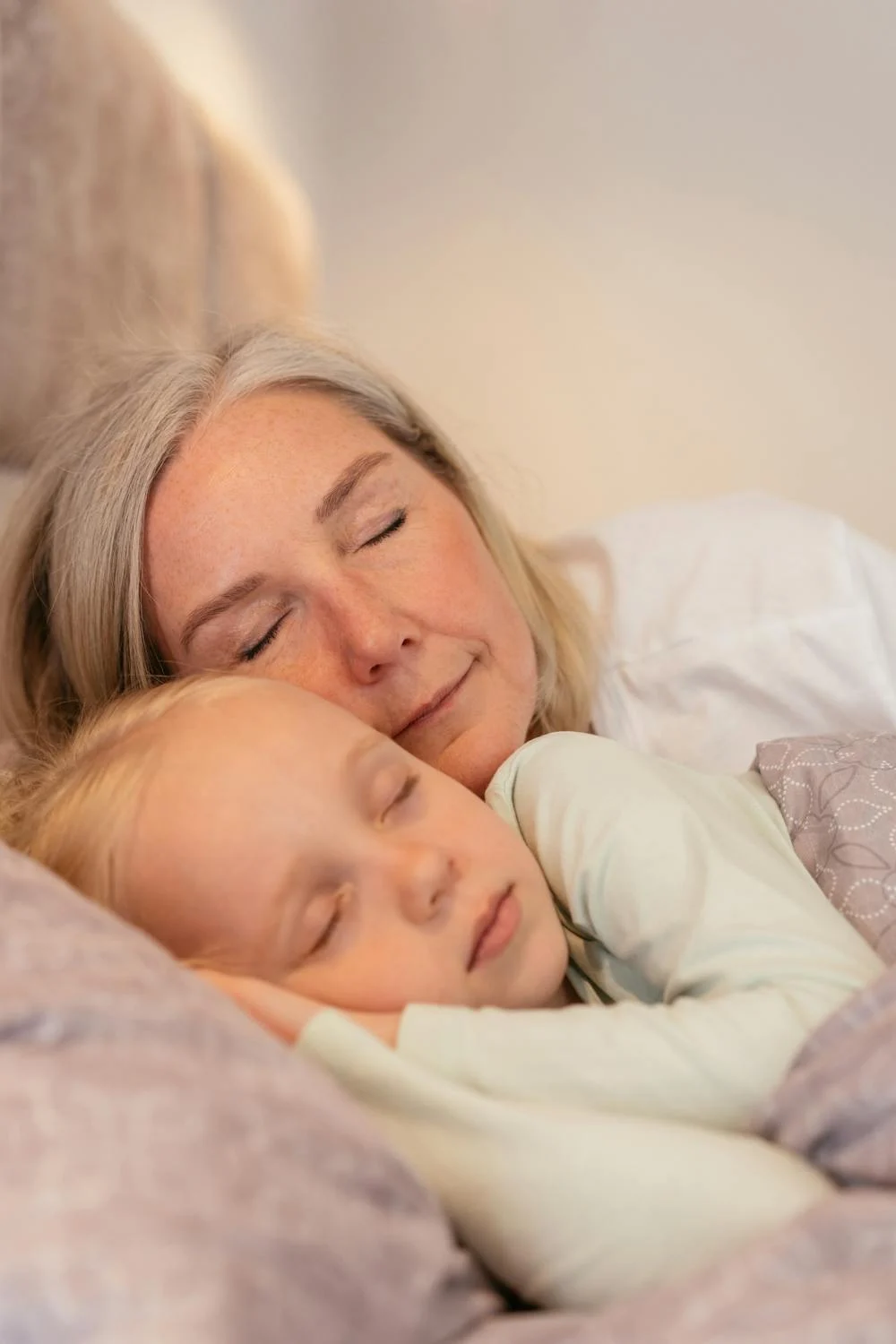Getting a good night’s sleep can make a huge difference in one’s physical and mental health. Unfortunately, many older adults struggle with insomnia. According to the National Institutes of Health, insomnia is a common sleep disorder that causes people to have trouble falling asleep, staying asleep, or getting good quality sleep. If you have an elderly loved one who struggles with insomnia, you may wonder if you can do anything to help. Here are a few common causes and what can be done about them.
The amount of sleep people require varies within every age and stage in life and somewhat depends on the individual. Typically, older adults need about 7 to 9 hours of sleep per night. But the quality of the sleep can be more important than the quantity. Many seniors report that they feel restless or have trouble getting to sleep, and there can be several reasons for this problem.

A Side Effect of Medications
Often, older adults have to take several different medications, many of which may have insomnia as a side effect. If you have reason to believe difficulty sleeping might be caused by medications, talk to your doctor. They may know of alternative solutions that do not cause insomnia as a side effect. Switching from one brand of medication to another may be all that’s needed. Of course, do not change or stop taking medications without speaking to a doctor, as that may have unintended consequences.
Frequent Bathroom Trips
Sometimes, older ones might need to get up and go to the bathroom frequently, which can interrupt sleep. One way to minimize this problem can be to set up a daily schedule. Get up at the same time each day. Eat your meals at the same time during the day, and consider planning an early dinner. If possible, avoid drinking liquids before going to bed, as this can help reduce the need for getting up and going to the bathroom at night.
Discomfort and Anxiety
People can struggle with anxiety at any age. We like to dream that retirement will be our stress-free, golden years of enjoyment. In reality, older ones face many forms of stress as well. For example, moving from the comfort of home into an Assisted Living facility can cause older people great anxiety. We can help mitigate that anxiety by making their room feel like home.
More can be done to ensure the bedroom is as conducive to sleep as possible. A wedge-shaped pillow may be more comfortable, especially for those with breathing difficulties. It is also important to consider the firmness of both the pillow and the mattress. And don’t forget to choose comfy sleepwear that doesn’t tangle.
Part of Natural Aging
As we age, people are more prone to sleep disorders, such as sleep apnea, that can cause uneven sleep patterns. In addition, aging people’s bodies produce less melatonin, which is a hormone that helps regulate people’s sleep cycles. That doesn’t mean that a poor night’s sleep is inevitable. There are several ways to improve overall sleep.
Get some exercise during the day. Even if you have mobility issues, some level of exercise is usually a possibility. At most Assisted Living facilities in San Diego, there are many exercise options for all ranges of physical abilities. Getting outside for a morning walk or taking a dance class or exercise class can be a great way to ensure a good night’s sleep. Consider adding an exercise session early in the day and perhaps a light stroll after dinner or in the late afternoon. Getting outside can be very beneficial for all of us, so be sure to head outside during the day and enjoy the sunshine.
Food can also have an effect on sleep patterns. Some research suggests that there are several foods or types of foods that can help lessen insomnia in older adults. In general, a healthy balanced diet is always a good idea, so as much as possible, try to make good dietary choices. Assisted Living facilities in San Diego strive to provide a well-balanced diet with a variety of healthy foods. Some even employee nutrition experts toward that end.
Foods with magnesium and potassium, such as bananas, might be a good choice. There are many fruits that contain melatonin, such as peaches and apples, and this also might help reduce insomnia. Warm milk or chamomile tea prior to bedtime can be relaxing and help one fall asleep. Valerian root teas also can be very relaxing. As with any dietary changes, it is wise to discuss your needs with a health professional prior to making any changes.
It would be a good idea to discuss any sleep problems you may be having with your physician. They may suggest a general health exam to help identify any health issues that may be causing it. If you need a ride to the doctor’s office, most facilities for Assisted Living in San Diego provide transportation, so that residents can get to the doctor when needed.
Don’t suffer through insomnia alone. Friends, family, and physicians may all have helpful advice. Insomnia in older adults is a common problem, but it can be fixed, sometimes it just takes a little bit of time.
